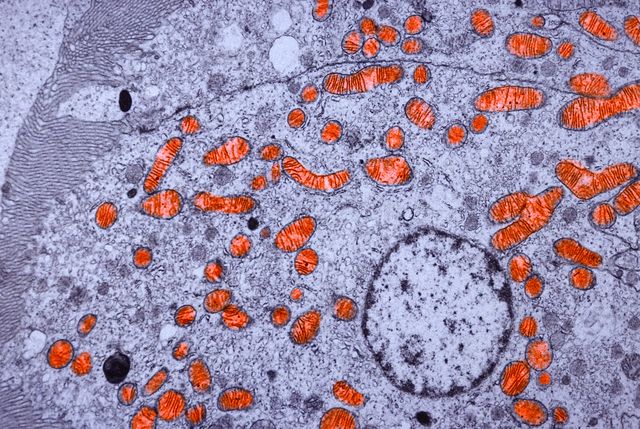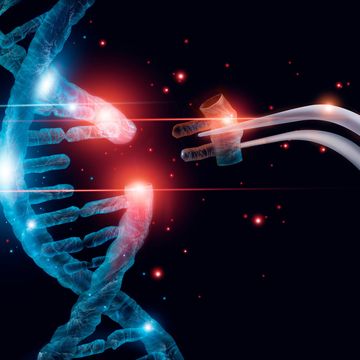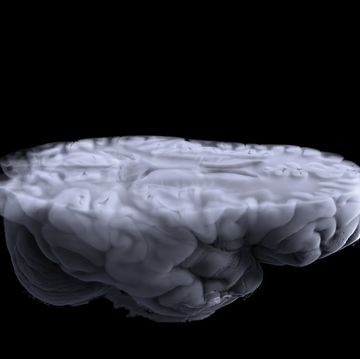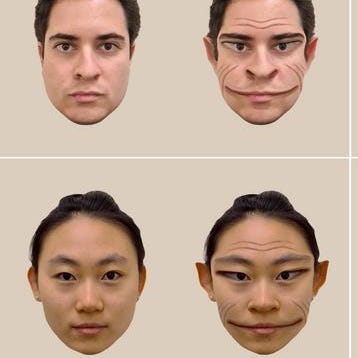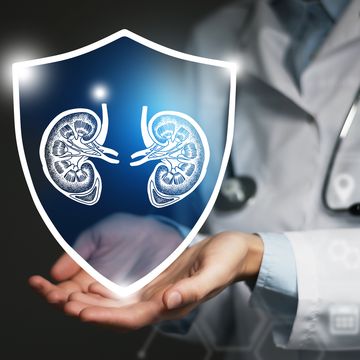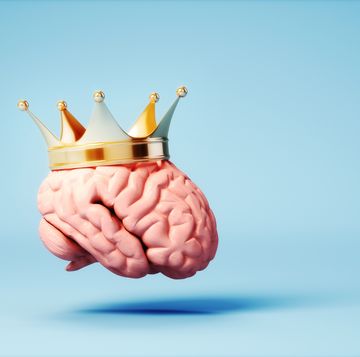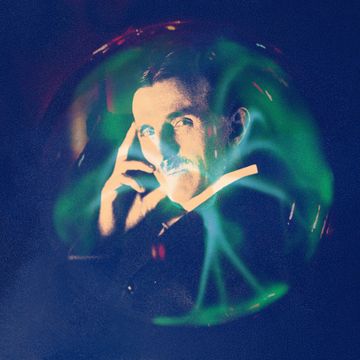A woman in England will be the first person in the country to undergo mitochondrial donation therapy, more commonly known as a "three-person pregnancy." The decision follows a successful three-parent birth in Mexico in 2016.
The public doesn't know much about the participants in the procedure due to their desire for privacy, but the British Human Fertilisation and Embryology Authority (HFEA) says the case involves two women, both of whom suffer from a rare condition known as Merrf Syndrome.
An acronym for Myoclonus Epilepsy with Ragged-Red Fibers, Merrf's main symptoms are muscle weakness and spontaneous and quick jerking spasms that can affect the arms and legs or the entire body. Seizures and early onset dementia are also common. A neurogenerative disease, Merrf occurs in mitochondrial DNA and is inherited maternally, meaning through the mother.
While nothing more is known about the women, HFEA agreed that any children either of the women birthed would likely face a “serious multi-systemic and progressive disease.”
The doctors at Newcastle Fertility Centre, where the technique was pioneered by neurologist Doug Turnbull, will create fertilized egg but won't let it develop into an embryo. Instead, the parents' chromosomes will be removed and placed inside a donor egg which has had its own genetic material removed. The resulting embryo has the genetic material of everyone involved in the procedure, but the mother's afflicted mitochondria is replaced by the donor's healthy ones.
The only difference between the procedure in Newcastle and the one in Mexico is that it will have a greater safety net. The child will have greater access to regular check ups to make sure it stays healthy.
Professor Sian Harding, director of the British Heart Foundation Imperial Cardiac Regenerative Medicine Centre in London, told The Guardian that the two women had been given the okay for the procedure “after a very thorough public consultation process”.
“It is absolutely fantastic that we have got to this point in such a well-regulated and controlled way,” she continued. “It is going to be so important now to follow up and understand whether this is successful and how we can take it forward. If you don’t follow up the children, we just won’t know whether this is the right thing to do.”
Genetically engineered children, including those born through mitochondrial replacement therapy, are banned in the U.S. Advocates for mitochondrial therapy point out that it is distinctly different than sci-fi stories of genetically altered supermen.
Rather, it would affect a small section of the population, particularly women with mitochondrial diseases, allowing them to have children without worrying about passing their diseases onto their children. For two women in England, it will hopefully be a success.
Source: The Guardian
David Grossman is a staff writer for PopularMechanics.com. He's previously written for The Verge, Rolling Stone, The New Republic and several other publications. He's based out of Brooklyn.
